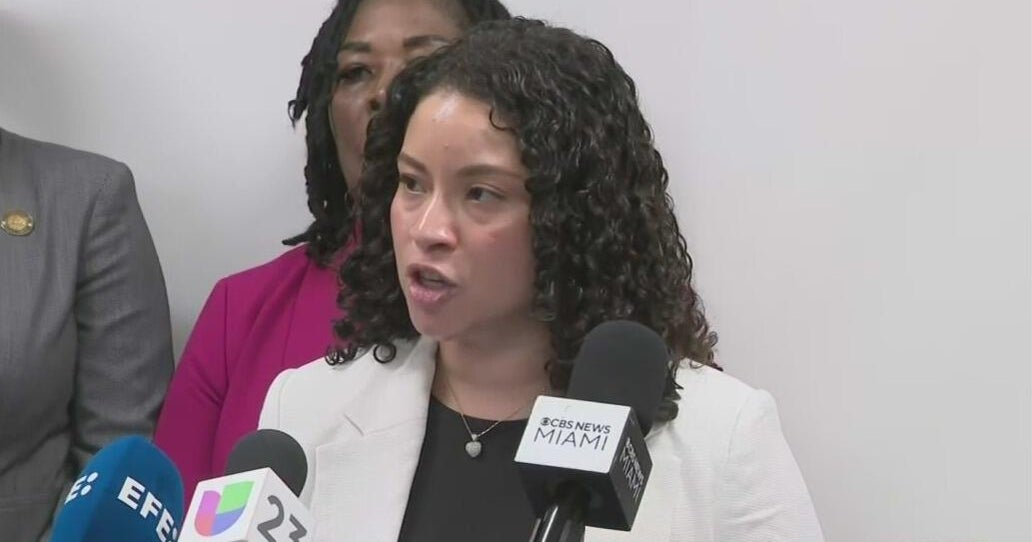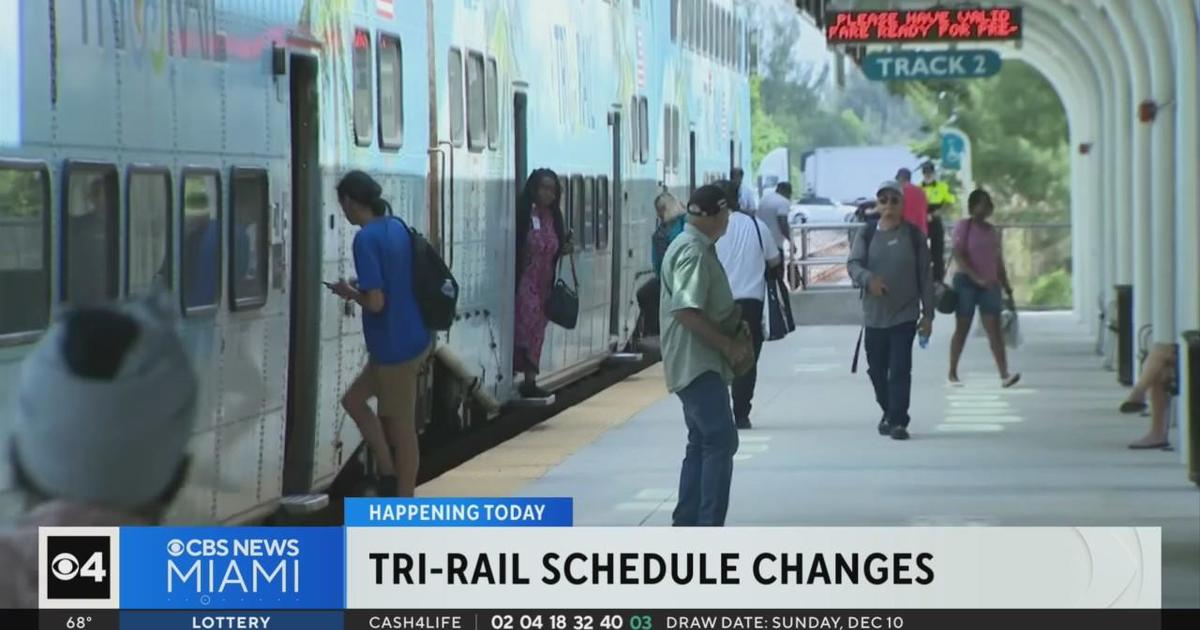Miami Heat will meet more talented Boston Celtics in the margins
Game 1: Heat at Celtics, 8:30 p.m. ET Wednesday (TNT)
Game 2: Heat at Celtics, 8:30 p.m. ET Friday (TNT)
Game 3: Celtics at Heat, 8:30 p.m. ET Sunday (TNT)
Game 4: Celtics at Heat, 8:30 p.m. ET May 23 (TNT)
*Game 5: Heat at Celtics, 8:30 p.m. ET May 25 (TNT)
*Game 6: Celtics at Heat, 8:30 p.m. ET May 27 (TNT)
*Game 7: Heat at Celtics, 8:30 p.m. ET May 29 (TNT)
*if necessary
BetMGM series odds: No. 2 Celtics -550, No. 8 Heat +400
Western Conference finals preview: Lakers vs. Nuggets
The East’s second-seeded Boston Celtics and eighth-seeded Miami Heat meet in the conference finals for the third time in four years. The teams split their two most recent third-round meetings. Miami defeated Boston in six games in the 2020 bubble, and the Celtics beat the Heat in seven games in last year’s series.
Who will the Celtics start?
We know who Miami head coach Erik Spoelstra will start, or at least we think we know. With the exception of Jimmy Butler‘s single-game injury absence, the Heat have employed the same starting lineup since inserting Kevin Love alongside Butler, Bam Adebayo, Max Strus and Gabe Vincent in Game 3 of their first-round series against the Milwaukee Bucks. That group outscored the New York Knicks by 13.7 points per 100 possessions in 82 minutes of the conference semifinals after finishing a net negative against the Bucks.
Tyler Herro‘s broken right hand, which has kept him from shooting or dribbling for three weeks and will (at least) keep him from Game 1 of this series, has removed Spoelstra’s lineup flexibility. Love makes the most sense as a fifth starter, if only because Kyle Lowry, Duncan Robinson and Caleb Martin are respectively too old, too inconsistent and too necessary as a wing option off the bench. Only prayers lie beyond them.
Love’s importance also introduces a weak link defensively to Miami’s rotation. Love may be known for one of the greatest isolation defensive possessions in NBA history, but that was seven years ago, and he has never been described as a stopper before or since. The question is how (not if) the Celtics will target him.
Boston head coach Joe Mazzulla saved his season by starting Robert Williams III as a second big next to Al Horford for the final two games of their first-round series against the Philadelphia 76ers. They were +19 in 47 minutes with mainstay starters Jayson Tatum, Jaylen Brown and Marcus Smart. That follows a trend of dominance that began last year when that unit outscored opponents by 24.6 points per 100 possessions.
Double bigs were required against the Sixers. The Celtics were willing to live with P.J. Tucker‘s shooting accuracy if it meant Williams could roam the baseline, double-team Joel Embiid and protect the rim against James Harden. They might be willing to live with the same looks from Love, who is shooting 33.9% on 5.4 3-point attempts per game in the playoffs, roughly the same averages he logged during the regular season.
Miami outscored the starting lineup of Tatum, Brown, Smart, Horford and Williams by eight in 29 minutes of last year’s conference finals, although the pairing of Horford and Williams finished +12 across 46 minutes. Williams missed the first three regular-season games against the Heat, and Horford did not play the final meeting. Grant Williams has enjoyed success as a second big against Miami, too, but Mazzulla has abandoned him.
Mazzulla might also see an opportunity to juice the offense to a greater degree than Rob Williams boosts the defense. He started slashing guard Derrick White in place of Williams opposite Atlanta Hawks bigs Clint Capela and John Collins. White torched those looks as Boston’s third-best player behind Tatum and Brown in the opening round, averaging 17.3 points on 56/46/91 shooting splits. Those numbers dipped to nine points on 42% shooting against Philadelphia, forcing Mazzulla to lean into his team’s defensive identity.
Whether Mazzulla starts Williams or White will go a long way toward telling us if he is more concerned about his team’s defense or offense in this series. Starting Williams is a ploy to curb the offensive impact of Butler and Adebayo and dare Miami’s role players to beat Boston from the perimeter. Starting White is a scheme to leave Love nowhere to hide against a five-out small-ball outfit full of predatory offensive playmakers.
The Celtics found success in last year’s series against Miami with small-ball lineups featuring White and Payton Pritchard, and Boston now boasts Malcolm Brogdon as another ball-handling option off the bench. It will be fascinating to see how small the Celtics are comfortable playing against a Heat team that features the 6-foot-9 Adebayo as its lone paint protector and veteran backup Cody Zeller as the only other proven center option on the roster, or if Boston considers smothering Miami with size in a more favorable matchup.
This is merely the first decision in a chess match between Spoelstra, who is arguably the best in-game tactician going, and Mazzulla, the first-year coach whose playoff run has been a crash course in strategy.
How can Miami manufacture points in the half court?
Miami’s half-court offensive rating through two playoff rounds is 100.1, per Cleaning the Glass, a marked upgrade from their 23rd-rated set offense during the regular season (96.7 points per 100 possessions) and still more than six points behind Boston’s top-rated unit in this postseason. The Heat scored 85.6 points per 100 half-court possessions (worst in the NBA territory) against Boston in last year’s conference finals.
It helps that everyone in Miami’s rotation is shooting better from 3-point range in the playoffs than they did in the regular season, including Duncan Robinson, who is back to making 42.6% of his nightly 5.5 attempts from range. His accuracy had fallen off a cliff in a year in which he had finger surgery on his shooting hand.
It also helps that Butler becomes superhuman every postseason. He is attempting 10.1 free throws per game and more than twice as many 3-pointers as he did during the regular season, and the result has been a playoff career-high 31.1 points per game. (Although, that number is down to 24.5 on just 41.7% shooting from the field and 12.5% shooting from distance in four games since he badly sprained his right ankle.)
Butler has the strength and mentality to manhandle the Celtics, who are susceptible to being bullied. Miami’s half-court offense would have been non-existent in last year’s series against Boston had Butler not averaged 10.3 free-throw attempts in the Heat’s three wins. He averaged 5.8 in Miami’s four losses.
Adebayo’s offense is as consistent as it has ever been. He is averaging 18.1 points on 49.7% shooting in the playoffs, scoring between 15 and 23 points in 10 of his 11 appearances and attempting 16-20 field goals on most of those nights. That is a far cry from how he performed against the Celtics in last year’s conference finals, when he scored 10 or fewer points on six or fewer shots in four of the seven games.
Without Herro to carry the offense for stretches, the Heat have needed all those factors working in their favor to score 98.4 points per 100 half-court possessions, on par with this season’s Washington Wizards.
The math is hardly working in Miami’s favor here. The Heat are relying on a Butler-Adebayo pick-and-roll combination to generate offense, and the Celtics just finished sorting out a Harden-Embiid combo that ranks among the league’s best tandems and can hurt defenses in more ways than Miami’s best players.
In other words, the series might really come down to whether Strus, Vincent, Love, Lowry, Martin and Robinson can get hot from distance in a seven-game conference finals. Those six are shooting 36.8% on 31.4 3-point attempts per game in the playoffs, but the Heat have yet to chase an offense like Boston’s, which is shooting a league-best 39.5% from distance as a team (on 38.9 attempts a night) in the playoffs.
Can the Celtics keep the Heat from forcing turnovers?
It might sound overly simplistic, but the Celtics can bend the math further in their favor if they can just take care of the ball. Miami scored an average of 24.7 points on 18.7 Boston turnovers in three wins during last year’s conference finals. Those numbers dropped to 13 points on 11.5 turnovers in the Heat’s four losses.
Boston’s best players, Tatum and Brown, were the biggest culprits. They combined to average 11 turnovers between them in the Games 1, 3 and 6 losses to Miami, and they averaged half that in the Celtics’ victories.
The Heat exposed weakness in Tatum and Brown’s ball-handling through traffic that the Golden State Warriors leveraged into a championship in the 2022 NBA Finals. Tatum has done a better job than Brown over the past year tightening those handles, and the Celtics added Brogdon to correct their carelessness.
Miami also lost Tucker’s grit to free agency and Victor Oladipo‘s length to injury. Both defended Tatum and Brown for nearly half of their 56 turnovers in last year’s conference finals. Butler cannot guard both of Boston’s All-Star wings, and Tucker’s presence last season allowed Butler to spend the bulk of his time defending Brown off the ball. Should Butler draw the Tatum assignment — a look the Heat avoided during the regular season, when Martin and Haywood Highsmith were among the players who spent more time guarding Boston’s best player — Miami’s 33-year-old leader will carry a monumental burden on both ends.
We have seen Herculean efforts from Butler before, but the law firm of Vincent, Strus, Martin and Lowry — all of whom are better defenders than they get credit for — will catch no breaks. They have to have their hands in every passing lane, converging onto Boston’s ball-handlers, swiping for the ball at each turn and recovering quickly when the Celtics kick to any number of shooters on the perimeter. Otherwise, Adebayo could see a steady flow of rim attacks. He, too, is fully capable, as we learned in Game 1 of the 2020 conference finals, but flipping turnovers into easy offense is better than constant duress at the basket.
The Heat will throw zone defenses and everything in their back pocket at the Celtics. The zone did not work out so well last year when Boston scored an astronomical 1.45 points per possession on Miami’s 29 zone looks in the 2022 conference finals, but Spoelstra will challenge his inexperienced counterpart to make adjustments as often as possible. Miami must disrupt Boston’s randomized offense enough to keep games close, because Butler and Adebayo are confident they can outwork the more talented Celtics under pressure. Whether this series is long or short will depend on how many of those moments Miami can force.

